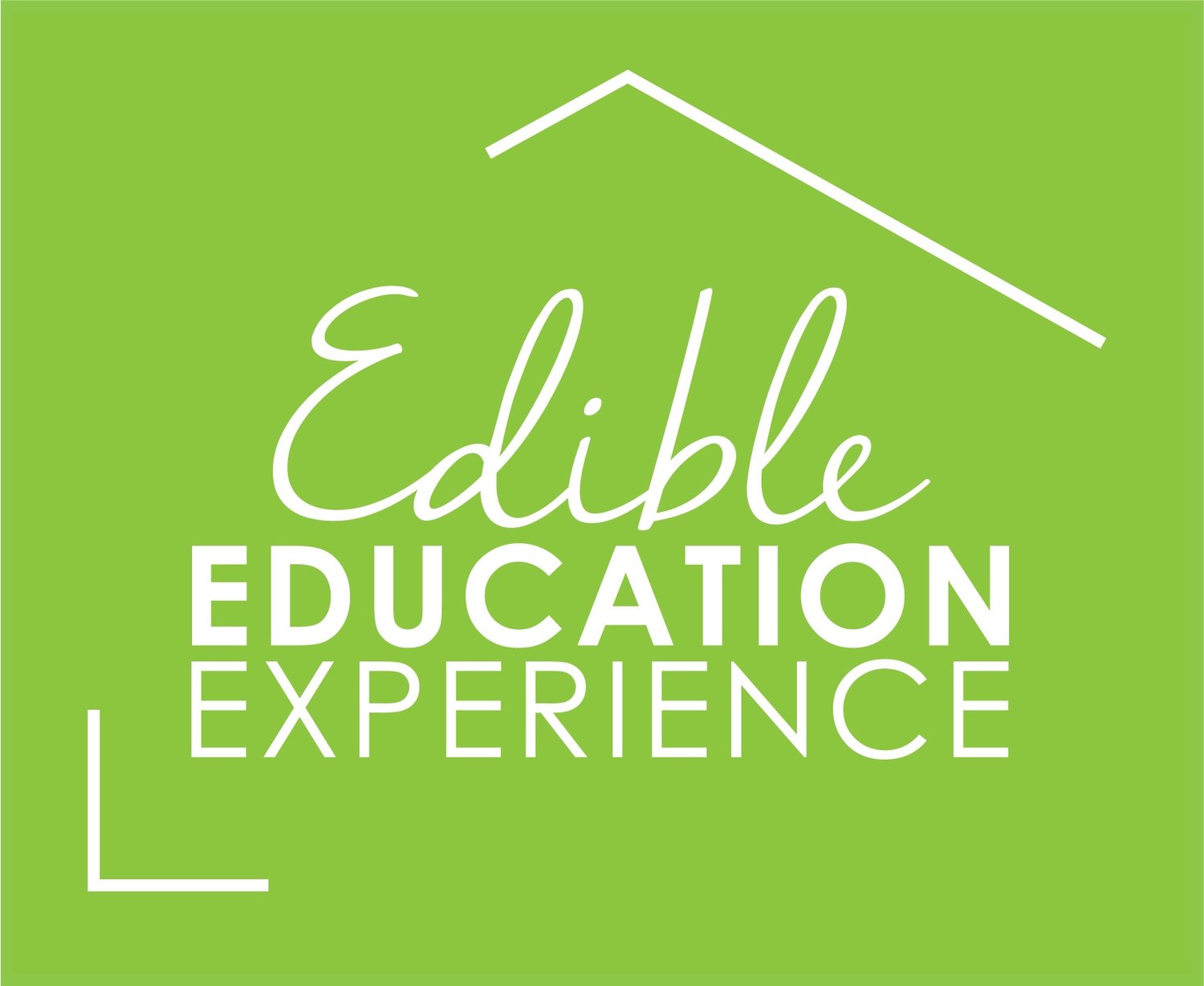by Brad Jones
9th Annual Teacher Academy, June 2019
From our organizational infancy, Edible Education Experience has sought to influence not only students but also the communities in which they live. We recognize that these communities nurture, educate, and sustain our children through adulthood. Therefore, they’re vital to our vision of building food-confident adults equipped with life skills to embrace wholeness.
One way we’ve committed ourselves to this broader community is by offering an annual Seed-to-Table Teachers Academy. This engaging, two-day workshop at the Emeril Lagasse Foundation Kitchen House & Culinary Garden is designed to convey the value and techniques of an edible education. Now in its ninth year, we gear the workshop towards educators as well as school administrators, support staff, and interested parent volunteers. We sincerely believe that this kind of education is accessible, scalable, and relevant to every student’s experience. We also want to connect with and equip teachers who share this belief.
We acknowledge that there’s no formula or standardized approach to success in a school garden or classroom kitchen. However, we find that there are universal challenges and opportunities that arise when children and food production come together in a learning environment. As we discuss (and attendees personally experience) this process of bringing food into the classroom, we encourage teachers to realize that most of the answers they seek are usually found within themselves, their students, and the soil beneath their feet. It is our goal, through these workshops, to inspire and assist educators in discovering these answers and developing a customized approach to their particular educational needs.
We held our most recent Teacher Academy at the request of the U.S. Department of Education at an off-the-grid farm on the tropical island of St. Croix. Collaborating with 20+ local educators, administrators, and support staff at the Ridge to Reef farm was as inspiring as it was affirming. Our five-person team, with only minimal understanding of the island’s unique climate and food culture, was nevertheless able to bring meaningful experiences and thoughtful discussions to this committed group.
As is our tradition, we divided the group in two, with each group spending one morning in the open-air kitchen pavilion and one morning touring the farm. Both in the kitchen and through the various gardens, we encouraged participants to try to see things through the lens of their classroom, to imagine how this would feel to their students, and to search for relevant curricular integration.
Through each hands-on lesson and focused discussion, we were all able to see what was literally right in front of us—that food and how it is brought to our table are quite literally connected to everything. Regardless of the location of your stove top, your soil type or climate, or your cultural food heritage, it is these very elements that connect you to the rest of the world, its science, its mathematics, its history, and its humanity. If we believe that one of the fundamentals of education is connecting the unknown to the known, why wouldn’t we use food as one of our most basic teaching tools?
With a renewed appreciation for the universal nature of an edible education, we’re preparing for our ninth annual Teachers Academy, which will be held inside our own Kitchen House and outside in our own Culinary Garden this coming June. We hope you’ll encourage the educators in your life to consider joining us as we explore ways to bring a new flavor to traditional curriculums.
This year we’ll be emphasizing the value of a team approach to developing school gardening and cooking experiences. We’re encouraging schools to send teams of four or more, which might include administrators, teachers, support staff (including school lunch providers) and enthusiastic parents. We have recognized that the most successful and sustainable school programs are those in which many minds commit to positive outcomes. Planning for, launching, and maintaining a school gardening program is by no means a solo effort. For your best chance for a successful and sustainable effort, we strongly encourage a team approach.
Please contact us should you have any specific questions about our program or any interest in supporting our efforts to bring an edible education experience to more children.
Author’s Bio: Brad Jones is the Garden Educator of Edible Education Experience. He handles everything related to the Culinary Garden, where he plants crops, coordinates edible lessons with the Chef Instructor, and provides hands-on experiences for garden visitors and harvesting the garden’s produce.




